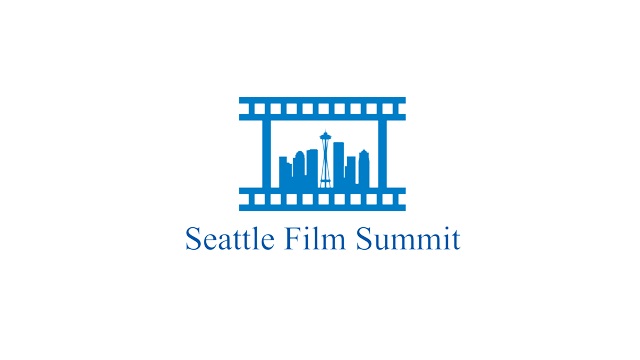Last night was the final night of the Seattle Film Summit, a gathering of local film professionals to discuss the state of film production in the city of Seattle, and the state of Washington. Last night’s forum was the Town Hall, a sort of free for all panel with a bunch of different people very intimately knowledgeable about the film community trying to figure out how the Seattle film community functions, and how it can improve.
This panel, unlike previous panels, was not focused with a laser-like intensity on any one topic. Instead, the ideas were coming out of naturalistic give and take from the various topics at hand. But, many of the hindrances about the film community are one that many small film communities suffer under: that of a divided niche-style community that tries to work together while also, in a way, competing both for money and for attention. The groups can include things like 2-3 female-oriented groups, a documentary group, an gay and lesbian group, etc etc. And, one of the big things to solve is how best to collaborate without stepping on anybody’s toes.
For instance, last night’s Town Hall came just before the closing night of Northwest Film Forum’s Local Sightings (both were arranged with the NWFF, and both coincided with Three Dollar Bill Cinema’s special pre-festival screening of Back on Board: Greg Louganis. Plus, the Seattle International Film Festival opened Gone Girl down at the Uptown tonight.
This isn’t the first time that the various groups have stepped on each other’s toes. One producer complained that she was doing a fundraiser dinner on the same night that SIFF Renton opened up, and also a Mariners game and a mega-concert was in town (not that two of those events fall within the scope of film). Even I have groused in these columns about the various film screenings that step on each other’s toes forcing me to choose between a SIFF festival or a special NWFF screening.
Hell, next week the Seattle Lesbian and Gay Film Festival is running into the 48 Hour Film Festival, the Seattle Latino Film Festival, the Seattle South Asian Film Festival, and the Seattle Polish Film Festival. Not to mention, the closeish-to-Seattle film festivals in both Tacoma and Orcas Island. In one weekend. Not that these film festivals have much crossover, but this is somewhat detrimental to dividing the attentions of the various film audiences.
Mind you, this isn’t limited to projection and fundraising. Production schedules, fundraisers, one-off screenings, meetings, and various other schedules of a bunch of different groups frequently crash and collide with each other in order to make being an active member in the Seattle Film Community difficult. One member announced he had registered a .org website in order to help facilitate a master calendar to help the various groups self manage themselves, which is a great idea as long as groups remembered to use it.
Collaboration is difficult, especially if nobody steps up to steer the ship. Freelance collaboration is harder, because motivating a bunch of people to do work for the sheer benefit of the “greater good” is extremely difficult. Especially when there isn’t enough high paying work to go around to cover the pro bono work.
Which brings up the issue of how to attract more higher-budget film projects. Currently, we just had 3 big projects in a row, but Seattle is mainly used for local films, and even that can be hard due to a bunch of legal restrictions that have been set up to prevent high budget productions get away with murder. And, if we want to be honest, to prevent low budget productions to get away with murder. It’s a tough community, and a tough call. But, it is one that needs a lot of addressing.
Many different ideas of various qualities were all posited to try to stimulate the collaboration and participation in Seattle’s film community. A more progressive/aggressive meeting schedule was called for to stimulate progress, and we’ll see where things go from here. One of the elements that’s really hard with organizing groups under an umbrella is the various organizations tend to fight with each other for primacy. I think it is important to have a more singular vision within which all of the other groups’ visions get realized in a collaborative equal fashion.
A film community needs to aid each other without biting each other’s heads off. That’s for certain. But, a clear vision hasn’t yet come into focus for how to progress. It is a difficult hurdle to overcome, especially when tax incentives have become such a huge part of the conversation, and Washington State’s program is a pittance compared to that of other states, or even nearby Vancouver, BC.
What this does underscore is the difficulty of even making a film, or collaborating to get a film made. Discovering the problems of any given community is crucial to figuring out how to navigate the communities.

